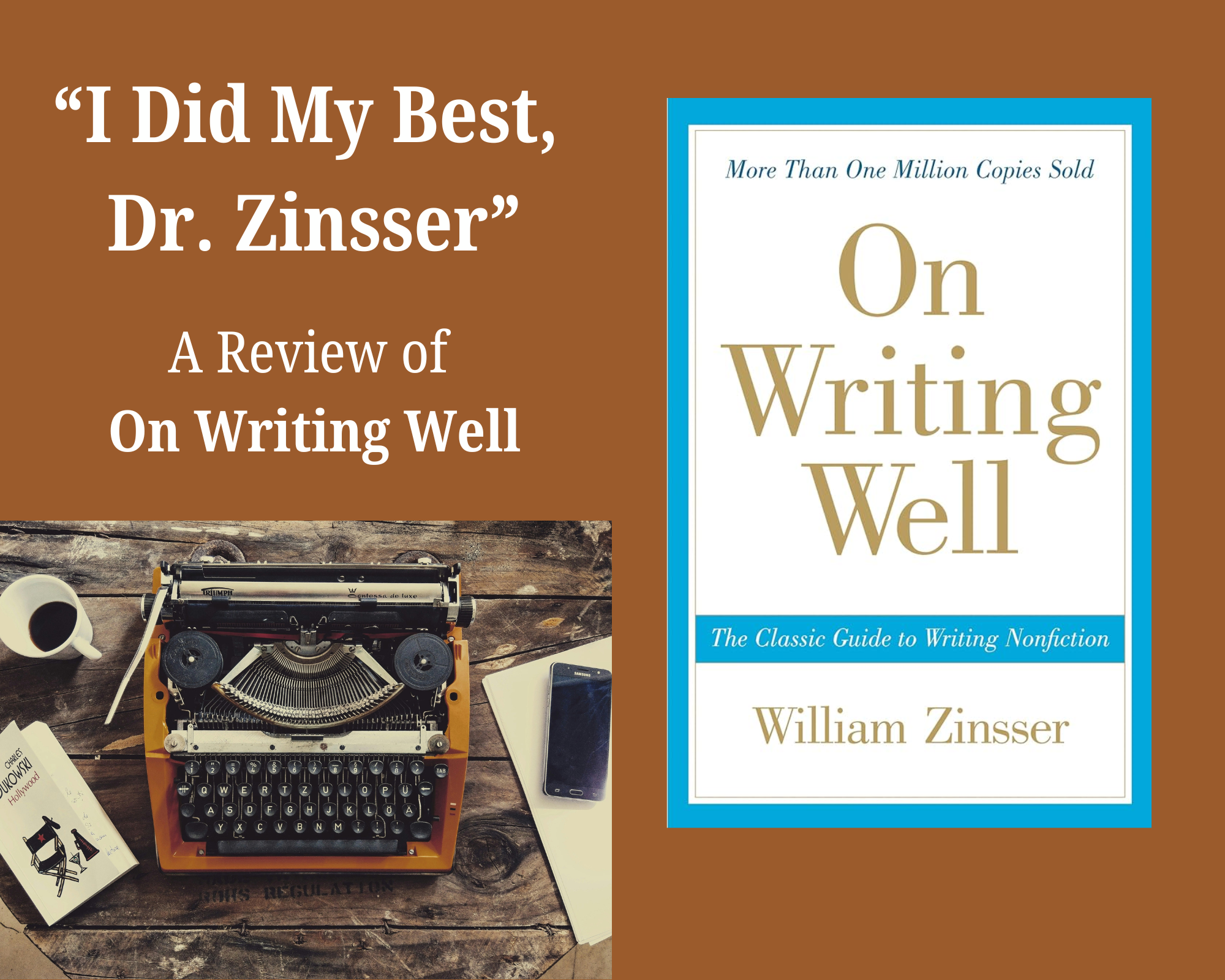Deciding what book to write can be tough. Writers often have a lot of different ideas, and we know that writing a book requires a significant amount of time and energy. Even if you have a direction in mind, establishing a particular angle or hook can be difficult.
How to choose?
This problem can be frustrating at best. At worst it can prevent you from doing the most important work of your life.

What if there was a way to guarantee your book project is worth the effort? What if you could start writing your book with confidence because you knew (a) the book is true to who you are and (b) a solid market exists for your book?
It’s possible. Follow these five steps.
Step 1: Look Within
The place to start is the terrain of your own heart, soul, and mind. Spend some time there. Ask yourself:
- What am I passionate about?
- What do I feel called to write?
- What is the future pulling out of me?
- In what direction is my own life’s story leading me?
- What am I ready to write?
Hopefully questions like these will help you draw a circle around a cluster of ideas. If you end up with multiple clusters because your ideas are widely disparate, you likely have more than one book idea. If this is you, consider these questions:
- Which one am I ready to write now?
- Does one of these feel like a future idea?
Now move on to the next step.
Step 2: Find the Need
“The place God calls you to,” wrote Frederick Buechner, “is the place where your deep gladness and the world’s deep hunger meet.” If the first step was about identifying your deep gladness, this one is about listening for the world’s deep hunger.
The importance of this step cannot be overstated. Don’t rush it. Ask:
- What do people really need?
- Where is culture right now? What are the crises of our time, and how does my book help?
- What’s the problem to which my book could be the answer?
- What would others say they needed from me if I asked them?
- How can I help them?
- What can I offer?
- What would it be possible for readers to walk away with after reading my book?
- What would people be willing to pay for?
- Finish this statement from one of your potential readers: “I wish I could read a book that . . .” How would they express the need your book will address?
And while it’s good to ask yourself these questions, it is even better to ask your potential readers. If you have a bit of a platform and you can ask your subscribers or Facebook community, do that. Try to formulate questions that (a) will be easy for them to answer and (b) will give you actionable information.
You might say something like:
- I have a handful of book ideas I’m trying to narrow down. Below I’ve briefly described each of them. Which of these appeals to you most? Which of these would you be most likely to purchase?
- If I were to write a book on . . . , what would the book need to include for you to feel like you just had to get it?
- Let’s assume someone knowledgeable was about to write a book on . . . just for you. What does it absolutely need to cover?
- What else would you want in a book like this?
Make it your goal to have one tight cluster of ideas by the end of this step.
[Tweet “5 steps to help you decide what book to write via @ChadRAllen #askeditor #amwriting”]
Step 3: Play with Titles and Subtitles
This is the fun part. Now that you’ve identified an area of passion that overlaps with an audience’s need, it’s time to develop some different angles for your book. Do this by brainstorming possible titles and subtitles.
I happen to be working on my own book idea right now, so let me share some of my own brainstorming. Hopefully seeing an example of how this plays out will help you do the same.
I’m passionate about creativity. Creativity has been a profound force for good in my life, and I believe it can be the same for others. The need I think my potential audience has (I still need to verify this) could be summarized in a statement like this: “I know I’m a creative person, but life is busy, and I wish I could read a book that gave me the tools I need to maximize my creative output.”
With that as background, here are some of the titles I recently brainstormed:
- Create
- Your Life’s Work
- Your Best Work
- Creative
- Getting Your Best Out of You
- Creative Soul
Possible subtitles include:
- 5 Rhythms to Maximize Your Creativity
- Essential Practices to Help You Get Your Best into the World
- The Essential Tools You Need to Do Your Best Work
- How to Make Your Most Profound Contribution to the World
- 5 Essential Practices for Creatives
- Nurturing Who You Are to Serve the World
Step 4: Take Your Top 3 to 5 Titles to Your Tribe
It’s time to survey your tribe. If I force myself to pick my top, say, four title-subtitle combinations I come up with:
- Creative Soul: Nurturing Who You Are to Serve the World
- Creative: Essential Tools You Need to Do Your Best Work
- Getting Your Best Out of You: 5 Rhythms of Life to Maximize Your Creativity
- Your Life’s Work: Essential Practices to Help You Get Your Best into the World
Now I can take this list to my potential audience and ask them to let me know which one of these titles they’d be most likely to purchase. I can ask them some other relevant questions too. (Hey, would you be willing to share your opinion on my book? I would really value that! To help me out, click here.)
Step 5: Pick One
Hopefully by the end of the above step, one of your titles will rise to the surface. If two of them are duking it out for top honors, go with your gut.
Keep in mind this may not actually be your final title or even your final concept. An editor or publishing board may have other ideas. Things may go in a different direction as you write the book. But this process will help you arrive at a concept that is good enough for you to move forward with confidence.
[callout]Want a video training and infographic to help you go even further with this process of developing a book concept? Click here.[/callout]
[reminder]So I have a question for you: What is a book (or *the* book) you are thinking about writing? Describe it. What’s the need it addresses?[/reminder]





11 Responses
Grace and purpose. I’m a pastor who wants to help people get out of bed and move forward with their life. I’ve started to write about these topics on my blog http://www.pastorbensadler.com
Hi Chad, this post is relevant to me as I have just published my first book – Surviving Singledom – and am beginning to ponder ideas for a second book in the “surviving” series. People have been requesting I write about Christians who are childfree, for one reason or another. I like this idea because it’s niche but am struggling to produce a title. Plus I need to verify demand. Your artivle has given me a few ideas about this.
BTW I would like to suggest a title/subtitle combo for your next book that I like best: Create: How to make your most profound contribution to the world.
Thanks, Steph! Glad the post was helpful to you and grateful for title input!
Chad, Great post, Thank You! I have went back and forth with two book ideas. I recently shared my second book idea with a friend in my community. He said it was great 🙂 I was discouraged by another friend previously. This post helped me tweak the need, titles and subtitles. This is what I came up with so far. I’m going forward with this book and see what happens.
Book Titles
Heart of Abuse: Learn the Truth to Experience Genuine Healing
Why Abuse: The Truth About Humanity and Heinous Acts of Violence
This is an excerpt from the Introduction.
I’m working on writing a book about the illumination of the truth about humanity, the knowledge of good and evil, enmity of war and the heart of abuse.This book is for anyone who has suffered from abuse or violence. It’s for anyone who wants to understand the truth about why people commit such heinous acts of violence.
This book will help you understand;
1) Why the mental health professionals are off the mark in diagnosing the real causes of abuse and violence.
2) Why our man-made solutions are like putting a band-aid on an amputated limb that’s bleeding.
3) Why man-made laws will never work to stop the epidemic of abuse and violence.
4) What the world of darkness with evil imaginations is, and how it affects you.
5) Who your adversary is and how to defeat him.
6) Why the Lord is calling you today.
Hi, rereading this post as now I have time to take action on one (or more) book ideas. Thank you for suggesting how to query potential readers in a casual way. This gives me a direction to start: to write a brief description of the book ideas I’m considering which will help me make sense of the chaos in this office and give me something I can post on Facebook as an informal survey. I sat at the computer this morning with not much clue where to start, but I was pretty sure you would have some ideas so here I am at your blog. Time to dig into the scraps of paper to write my descriptions. 🙂
Go for it, Tracie! You can do this!!
Hi Chad, I did the same steps on brainstorming & matching subtitles–so much fun. Working on my second book proposal idea since Thursday.Something about the cool fall weather leads to deeper depths of creative soul work. Just a draft, Chad–thoughts?
Reviving Barren: Reclaiming the Empty Places of Your Life? What happens to the woman who begins to sense emptiness? How should she address the whispers of her quiet dissatisfaction? She’s desperate for change, but she doesn’t know how to articulate her desires.
Reviving Barren is for any women needing to reclaim courage. Beautiful renewals await women who choose to surrender the deeply desolate places of her heart to the God of restoration.
Jessica, I would encourage you to get more specific about the kind of dissatisfaction or desolate places your book would speak to. Is it loneliness? Is it career disappointment? A related question is, who is your audience? Often the more specific we can get with these questions, the stronger our titles become.
Will do! Thanks!
I love the title of this article. Thank you for writing it! OK, so ironically, my book? Books…because yes, I have three, two drafts, one in the wings (plenty of words just needs form and lots of revision)…and also a book of poetry (which I know is the longest shot of all). My book is the one that tells you how you don’t need another book, coach or planner… to do what you want and need to do. It addresses the need to compulsively waste time sidetracked -searching for answers (latest greatest, newest, best ) and instead focuses on specific exercises to identify and address self defeating behaviors with regard to planning for (all areas) lifestyle changes. That’s as much as I’m willimng to share here. Thanks again!
Dawn, there’s definitely a need for this! Go for it!